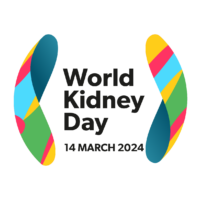-

World Kidney Day 2024: Kidney health for all
It is estimated that a staggering 1 in 10 people worldwide are living with kidney disease (1). Despite its high global prevalence and mortality, CKD has surprisingly often been overlooked on health agendas across the globe up until now. In particular, low and middle-income countries are disproportionately affected by CKD and kidney failure, with a […]
-

Estimating the prevalence and future burden of rare genetic diseases: challenges and solutions
Genetic diseases are conditions caused by abnormalities in an individual’s DNA. They can be inherited from one or both parents, or can occur as a result of spontaneous genetic mutations. They may be caused by a mutation in a single gene (monogenic); by a chromosomal change where there are more or fewer copies than usual; […]
-

Reducing Failure Rates of Phase 3 Clinical Trials: how microsimulation modelling can assist
Of the three main phases of clinical trials, by far the most expensive part of the process is the Phase 3 trial, typically requiring from several hundred to several thousand participants and costing up to $20 million on average. Furthermore, the process is fraught with risks with up to 70% of Phase 2 trials and […]
-

A sweet alignment: Microsimulation and the soft drinks levy
In the weeks before his election Boris Johnson called for a review and potential roll back of ‘sin taxes’ which bemused experts, including the public health community. He stated that “once we leave the EU on 31 October, we will have a historic opportunity to change the way politics is done in this country. A […]
-

The need for population health in healthcare
How do you define ‘Healthcare’? Treating disease? Improving mobility? Taking drugs to reduce pain? Perhaps all of these? This illustrates that healthcare is very much focused on treating illness, rather than preventing it. Our system can be better termed ‘ill-healthcare’. With an ageing population and growing burden of non-communicable disease, the NHS is overworked and […]